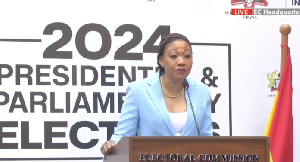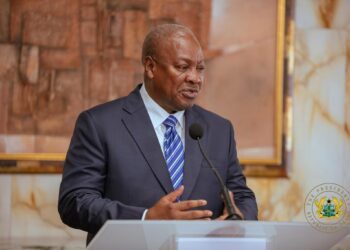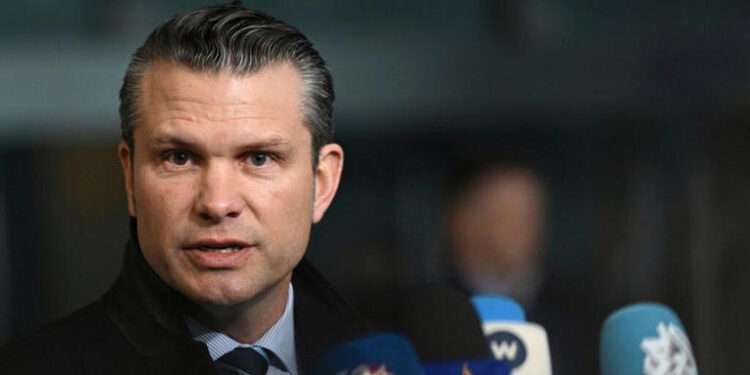Ghana, a nation known for its vibrant democracy and robust political discourse, now finds itself facing a defining moment. Climate change is no longer a distant problem, it is impacting the economy, the livelihoods of millions, and the natural landscapes that have sustained the country for generations. In this era, political ideology in Ghana is evolving to meet the dual challenges of ensuring democratic accountability and pursuing decarbonization.
Ghana has long been celebrated as one of Africa’s stable democracies. With peaceful elections and an engaged citizenry, the country has managed to foster an environment where ideas and policies can be debated openly.
This democratic spirit now plays a critical role as Ghana grapples with the effects of climate change. Rising temperatures, unpredictable rainfall, and coastal erosion are just some of the harsh realities the nation must face. For many, climate change is not only an environmental crisis but also a challenge that threatens food security, public health, and economic stability.
In the democratic arena, political parties and civic groups are increasingly placing environmental protection at the center of their platforms. Debates about decarbonization and the shift to a low-carbon economy are part of larger discussions about national development, social justice, and economic transformation.
The connection between democracy and decarbonization in Ghana is clear: robust democratic processes provide the platform for public debate and policy innovation, while strong environmental policies ensure that the benefits of development are shared equitably among all citizens.
Political Ideologies Shaping Climate Policy
Ghana’s political landscape is largely dominated by two major parties, each with its own ideological approach to climate change. While both parties agree that climate change poses a significant threat, they differ in how they propose to tackle the problem.
One perspective emphasizes social equity and grassroots involvement, arguing that the poorest and most vulnerable citizens must be at the heart of any climate strategy.
Proponents of this view argue that many smallholder farmers, coastal communities, and urban dwellers face the brunt of environmental changes. Their approach focuses on local adaptation, community-based resilience, and the direct allocation of climate finance to projects that benefit those most in need.
Another perspective, on the other hand, is closely tied to economic modernization and technological innovation. This view sees decarbonization as an opportunity to drive growth by investing in renewable energy, building modern infrastructure, and harnessing the private sector to lead large-scale projects.
Advocates of this approach argue that creating a market-driven green economy can generate jobs, attract international investment, and improve energy security.
They believe that by adopting cost-reflective pricing systems and incentivizing technological advances, Ghana can reduce its reliance on fossil fuels and chart a path toward sustainable development.
Both views are informed by Ghana’s democratic process, where political debate, public participation, and electoral accountability drive policy choices. In recent election cycles, environmental issues featured more prominently in party manifestos, reflecting growing public awareness and the need for practical solutions.
The challenge for Ghana is to reconcile these differing ideologies into a unified strategy that delivers both economic growth and environmental protection.
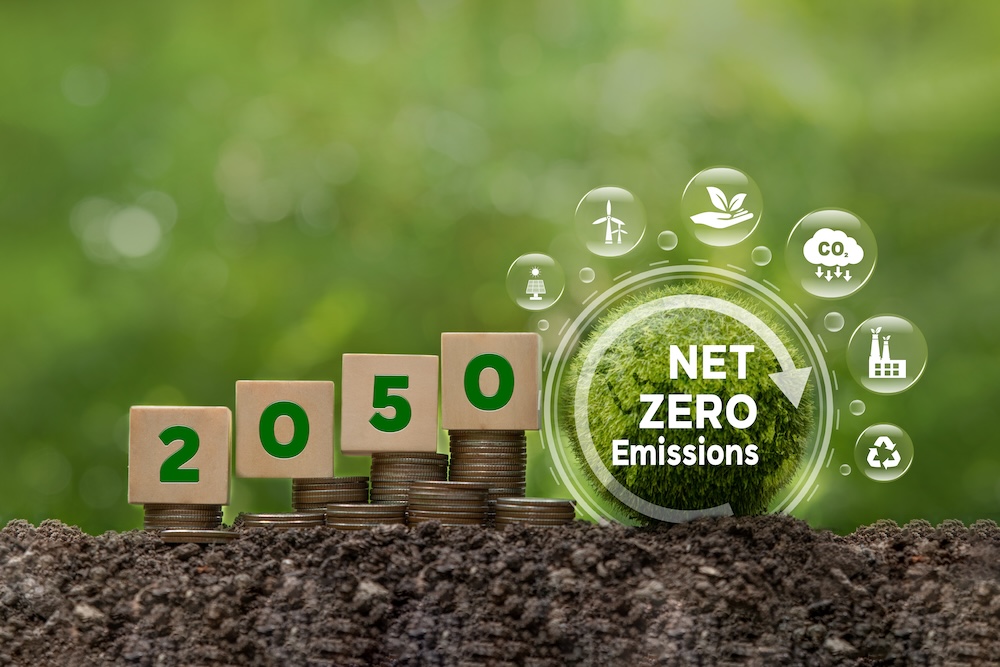
Decarbonization as a National Priority
Decarbonization, the process of reducing carbon emissions is a key component of Ghana’s strategy to combat climate change. The country’s commitment to the Paris Agreement and the development of its Nationally Determined Contributions (NDCs) underscore the importance of reducing greenhouse gas emissions while adapting to inevitable climate impacts.
For many policymakers, decarbonization is not merely an environmental necessity but a strategic economic opportunity. Investments in renewable energy are at the forefront of this approach.
Ghana’s energy sector, historically reliant on fossil fuels and hydropower, is in the midst of a transition. Large-scale projects in solar and wind power are being promoted as ways to not only reduce emissions but also to provide reliable electricity for a growing economy.
The vision is to create an energy network that supports industrial growth, improves the quality of life in urban and rural areas alike, and positions Ghana as a leader in green technology within West Africa.
At the same time, decarbonization efforts are seen as a means to achieve broader economic and social benefits. Reducing carbon emissions can help lessen the economic burden of climate-related disasters, protect agricultural productivity, and improve public health by reducing air pollution.
For many, these benefits go hand in hand with a vision of sustainable development—one that prioritizes both environmental health and economic resilience.
The Role of Democracy in Shaping a Low-Carbon Future
Ghana’s democratic processes play an essential role in shaping its approach to decarbonization. In a country where citizens are actively engaged in political debates and hold their leaders accountable, policies that address climate change are subject to intense public scrutiny.
This ensures that environmental measures are not only theoretically sound but also practically viable and tailored to local needs. One significant advantage of Ghana’s democratic framework is the opportunity for diverse voices to contribute to policy discussions.
Civil society organizations, academic institutions, and local communities are increasingly involved in the formulation of climate policies. Their input helps ensure that strategies to reduce carbon emissions are inclusive and take into account the realities on the ground. Such participatory processes are vital for designing policies that are both effective and equitable.
Moreover, democratic governance allows for regular assessment and adjustment of policies. As climate conditions evolve and new challenges emerge, Ghana’s political institutions have the capacity to revise strategies and reallocate resources. This flexibility is crucial for long-term decarbonization efforts, which require sustained commitment over decades.
Civic Engagement and Environmental Awareness
Public awareness and civic engagement are critical components of Ghana’s environmental future. As the effects of climate change become more apparent, citizens are increasingly demanding that their leaders take meaningful action. Grassroots movements, youth-led environmental groups, and local activists have all played a role in pushing for stronger environmental policies and better accountability in the use of climate finance.
Educational programs and public campaigns are vital in raising awareness about the benefits of decarbonization. When communities understand how reducing carbon emissions can lead to cleaner air, more reliable energy, and a healthier environment, they are more likely to support policies that might require short-term sacrifices for long-term gains.
This informed citizenry is a cornerstone of democracy, and it empowers voters to hold their leaders accountable for environmental performance. Recent events have shown that environmental issues can also influence electoral outcomes.
As voters become more aware of the connection between climate change and their daily lives—whether through the impact on agriculture, energy prices, or public health—they are more likely to support political platforms that offer clear and effective solutions. This dynamic creates a positive feedback loop, where democratic accountability drives better environmental policies, and those policies, in turn, build public trust in the political system.
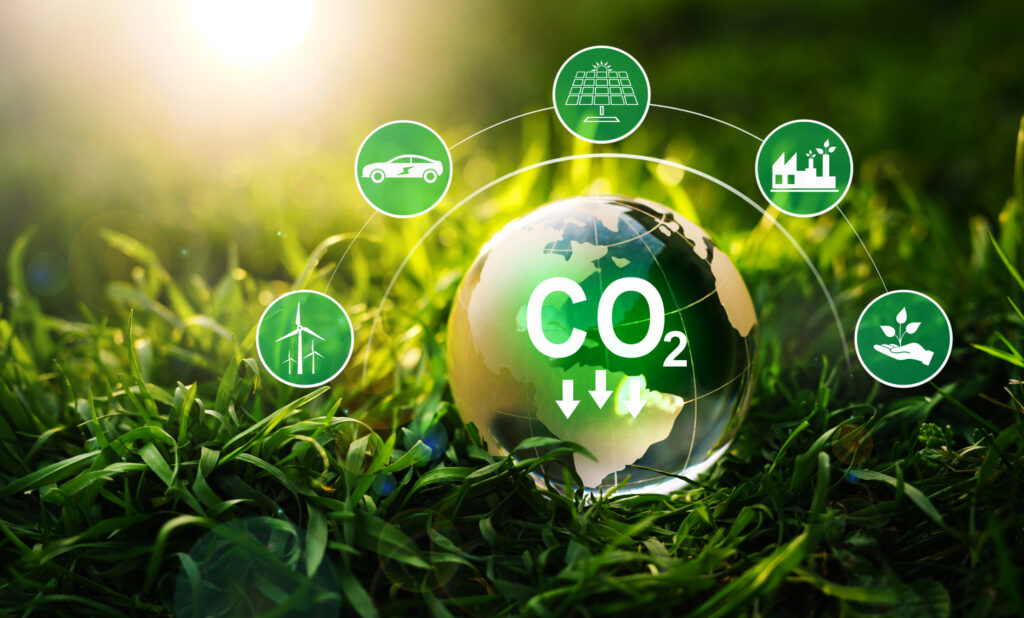
Challenges and Opportunities Ahead
Despite the promising interplay between democracy and decarbonization, significant challenges remain. Limited funding, fluctuating economic conditions, and policy discontinuity due to electoral cycles can undermine long-term climate strategies. Both political parties face the task of balancing immediate economic needs with investments in renewable energy and other decarbonization measures.
Another challenge is the need to bridge ideological divides. The NDC’s focus on social justice and grassroots adaptation must be reconciled with the NPP’s emphasis on market-driven solutions and large-scale investments. Finding common ground between these approaches will be key to ensuring that decarbonization efforts are comprehensive and benefit all sectors of society.
Ghana’s location also presents unique environmental challenges. The country’s varied climate zones, from the coastal areas threatened by rising sea levels to the interior regions vulnerable to drought, mean that a one-size-fits-all approach will not work. Decarbonization policies must be tailored to local contexts, addressing specific issues such as water scarcity in rural areas or energy access in urban centers.
On the opportunity side, Ghana has the chance to become a regional leader in green technology and sustainable development. By harnessing its democratic processes and engaging with international partners, the country can attract investment in renewable energy and build a robust, low-carbon economy.
Success in decarbonization could serve as a model for other nations in West Africa, demonstrating that economic growth and environmental protection can go hand in hand. Looking forward, the future of Ghana’s environmental policy depends on the commitment of its political leaders to prioritize long-term sustainability over short-term gains.
Policies must be designed to endure beyond the next election cycle, supported by strong institutions and backed by the active participation of a well-informed citizenry. A unified approach that blends social inclusion with technological innovation will be critical for ensuring that decarbonization efforts lead to a more resilient and prosperous nation.
In conclusion, democracy and decarbonization are two sides of the same coin in Ghana’s fight against climate change. The country’s political ideology, shaped by vigorous debate, public accountability, and diverse stakeholder participation, offers a unique framework for addressing environmental challenges.
Whether driven by the NDC’s focus on community resilience or the NPP’s vision of a modern, technology-driven economy, the policies adopted today will have lasting impacts on Ghana’s environmental future.
Ghana stands at a crossroads where its democratic values empower citizens to demand change and its commitment to decarbonization paves the way for a sustainable, low-carbon future.
By bridging ideological divides, investing in renewable energy, and prioritizing the needs of vulnerable communities, Ghana can lead the way in creating a greener, more inclusive society. The journey is challenging, but the rewards—a cleaner environment, a robust economy, and a more equitable society are well worth the effort.
As Ghana continues to navigate the complexities of the climate crisis, its ability to balance democratic ideals with the urgent need for decarbonization will be the key to unlocking a sustainable future. The lessons learned here can guide not only Ghana but also other nations striving to reconcile the demands of modern development with the imperative of environmental stewardship.
In the era of climate change, the choices made by Ghana’s leaders will determine whether the country can successfully transform its challenges into opportunities for long-term growth and prosperity.
Author: Dominic Ebow Arhin, MSc. Climate Change and Sustainable Development Student at the Center for Climate Change and Sustainability Studies, University of Ghana – Legon
READ ALSO: Trump Threatens Economic Pressure On Russia


